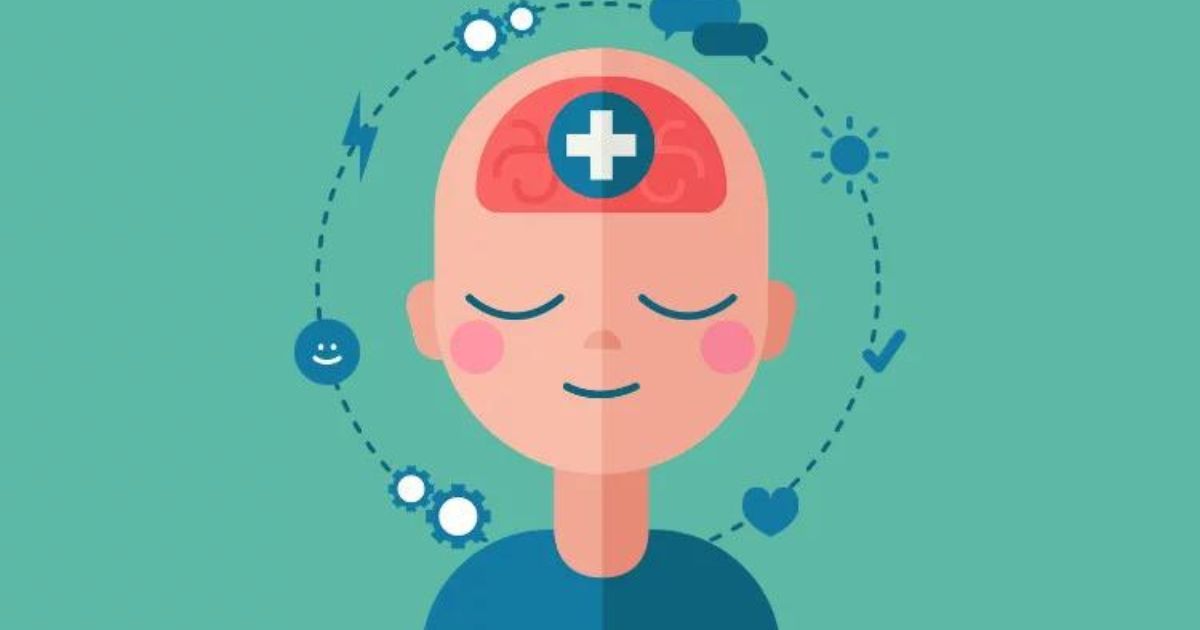The current mental health system is facing scrutiny for its reliance on standard treatments to enhance mental health outcomes and these treatments are often deemed counter-productive and harmful.
Many of these treatments, including psychiatric drugs and involuntary commitment, are being criticized for reducing recovery rates and life spans of individuals diagnosed with serious mental illnesses. Critics argue that the overuse of psychiatric drugs, in particular, is reducing the potential recovery rate from an estimated 80% to a mere 5%.
Moreover, the practice of psychiatric incarceration, euphemistically referred to as “involuntary commitment,” is seen as exacerbating patients’ trauma and being closely associated with suicides.
This has raised concerns about human rights violations and a disregard for the facts surrounding these treatments and their potential harms, which some argue is in violation of international law.
For those advocating change in the mental health system, the focus is on three key elements: People, Place, and Purpose.
They believe that individuals, even those with psychiatric diagnoses, should have access to relationships (People), safe living environments (Place), and meaningful activities like education or work (Purpose). Importantly, these individuals should be given hope that such possibilities are attainable.
The push for voluntary approaches that genuinely improve people’s lives has gained momentum. These approaches aim to replace the prevailing regime of psychiatric drugs that are often prescribed indefinitely and sometimes involuntarily.
Here Are Some Alternative Strategies Gaining Recognition To Enhance Mental Health Outcomes
- Peer Respites: Peer-run respites offer individuals a supportive and non-clinical environment where they can seek refuge during times of crisis. These respites emphasize peer support and holistic well-being.
- Soteria Houses: Soteria House programs provide residential alternatives to traditional psychiatric hospitalization. They focus on creating a safe and supportive space for individuals experiencing acute psychological distress.
- Open Dialogue: This approach involves a family-oriented, network-based form of psychotherapy for individuals experiencing psychosis. It aims to facilitate dialogue and support networks rather than relying solely on medication.
- Drug-Free Hospitals: Some proponents argue for the establishment of mental health facilities that do not use psychiatric drugs as a primary treatment method, offering alternative therapies instead.
- Housing First: Stable housing is considered a crucial factor in mental health recovery. Housing First initiatives prioritize providing homes to individuals experiencing homelessness or unstable housing conditions.
- Employment: Meaningful employment is seen as a crucial component of recovery for many individuals. Programs that assist with job placement and support in the workplace are advocated.
- Warm Lines: Warm lines are non-emergency helplines staffed by trained peer support workers who offer a listening ear and emotional support.
- Hearing Voices Network: This network provides support and understanding to individuals who hear voices, experiencing altered states of consciousness, or have other unusual experiences.
- Non-Police Community Response Teams: Alternative crisis response teams, consisting of mental health professionals and peers, aim to de-escalate crises without resorting to law enforcement.
- Emotional CPR (eCPR): This approach focuses on emotional and psychological crisis intervention, aiming to connect with individuals on a deeply empathetic level.
Advocates for these alternative approaches argue that they have the potential to improve the lives of those with mental health challenges significantly.
They prioritize individual choice, autonomy, and holistic well-being over the traditional model of long-term medication use. The aim is to provide comprehensive support and resources that empower individuals to lead fulfilling lives.
In summary, the mental health system is facing calls for reform, with many challenging the standard treatments that have been in place for decades. The emphasis is on alternative approaches that prioritize the well-being and autonomy of individuals living with mental health challenges.
Advocates believe that by focusing on People, Place, and Purpose and providing hope for recovery, the mental health system can better serve those in need.
The debate over these approaches is ongoing, but they represent a growing movement toward a more compassionate and effective mental health care system.




























